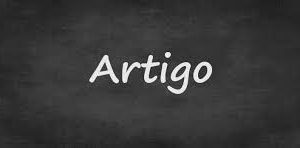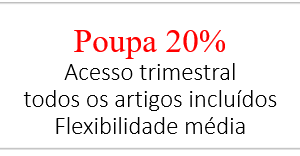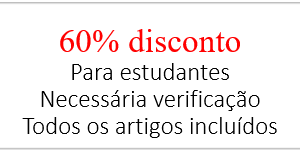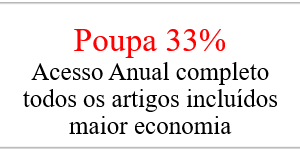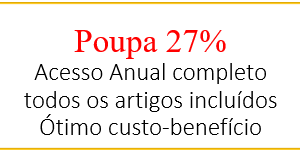- Albino Forquilha says his party will continue to lead popular demonstrations to fight for electoral justice
By: Newsroom
Maputo (MOZTIMES) - The leader of the Optimist Party for the Development of Mozambique (PODEMOS), Albino Forquilha, has rejected the possibility of forming a government of national unity as a measure to overcome the current post-electoral crisis in Mozambique.
For PODEMOS, the formation of a government of national unity would only be justified if there was no winner with an absolute majority.
However, Forquilha argues that his party won the legislative elections, taking more than half the seats in parliament, and that presidential candidate Venâncio Mondlane received more than 53 percent of the vote, he said this in an interview with MOZCAST, a podcast of THE MOZAMBIQUE TIMES broadcast on Tuesday evening.
“PODEMOS wins the elections and one proposes a government of national unity? Forquilha questioned. “For now, we want electoral justice”, he said. For him, electoral justice means declaring PODEMOS and Venâncio Mondlane the winners of the parliamentary and presidential elections on 9 October.
The official results announced by the National Electoral Commission give victory to the ruling FRELIMO and its presidential candidate, Daniel Chapo. The Constitutional Council is currently working to validate and proclaim the final results.
Forquilha also guaranteed that his party would continue to call for popular demonstrations until electoral justice was achieved, explaining that the demonstrations were a form of 'political struggle'.
“We want them to understand that our revolt and our struggle have a basis. Based on the numbers we have, we won these elections, and we expect the Constitutional Council to confirm (the victory)”, he said, calling on Mozambicans to join in the sacrifices, including the total paralysis of activities, to guarantee electoral truth.
On Tuesday, Mozambique’s chief Police, Bernardino Rafael, called the demonstrators 'urban terrorists' at a press conference. Earlier, the Mozambican government and ruling party had accused the demonstrators and the movement's leader, presidential candidate Venâncio Mondlane, of trying to overthrow a democratically elected government in a coup d'état. For the PODEMOS leader, however, FRELIMO is the biggest coup plotter.
“FRELIMO has no moral authority to say what is or isn't a coup because they know that the biggest coup is to govern without having won the elections”, he said, adding that “the ruling party has always used state institutions to carry out its coups against the people”,' he said.
Regarding the position of the Prosecutor General's Office (PGR) in the current post-electoral crisis, Forquilha says that the judicial institutions have been 'captured'. Otherwise, the PGR should be more proactive in investigating electoral irregularities and violations, as well as the excessive use of force by the police to contain demonstrations.
PODEMOS leader also criticised the Southern African Development Community (SADC) and the African Union for “inaction” in the face of their member countries' problems. Forquilha said that these organisations do not serve the people but are merely 'correspondence clubs'. He was also sceptical about the results of the emergency SADC meeting to discuss the post-election crisis in Mozambique.
Albino Forquilha, a senior member of FRELIMO, revealed that many party members now in important positions have secretly support the political organisation he leads, PODEMOS (R).















